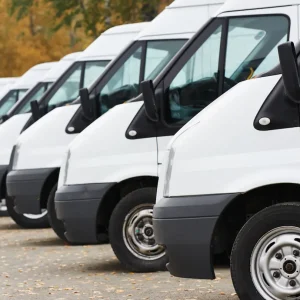An updated Tax and Regulation Manifesto has been published by the Association of Fleet Professionals (AFP) ahead of the General Election.
The document, first published in 2021, now includes 24 measures.
New items specific to vans include resolving ongoing confusion over regulations surrounding 4.25t electric vans, the removal of plans to introduce Vehicle Excise Duty on electric vans from April 2025, a better labelling scheme explaining the range of electric vans in different weather conditions and with different loads, and fiscal support to make electric vans, as well as cars, more attractive to the used market.
The manifesto also calls for improvements to EV charging infrastructure, including regulatory and fiscal support for accessible, affordable and fit-for-purpose chargepoints.
AFP chair Paul Hollick said: “Since the pandemic, the problems that fleets are facing seem to have multiplied, largely as we grapple with the implications of electrification and other zero emissions initiatives.
“Within our Future Mobility Committee and across our membership, we have been discussing the kind of help we would like to see from government and it is fortuitous that we are publishing this manifesto just as the General Election gets underway.
“Whoever wins power, we hope to work with them to help resolve these many issues, and the document represents the AFP’s core thinking about what needs to be done. It is designed to focus on practical ideas, ranging from quite small detail alterations to major strategic shifts, around which we believe that change or definition is required to enable businesses to move forward with their fleet and mobility plans faster and more effectively.”
Hollick noted that most of the new points added to the manifesto concerned van electrification.
He said: “One of the undeniable facts in fleet over the last few years is that van electrification is proving much, much more difficult than for cars.
“We are now in the situation where the majority of new cars being added to fleets are electric vehicles (EVs) or plug-in hybrids, a percentage that we very much expect to climb over the next few years in a steady and predictable manner towards the 2035 production deadline.
“The same is just not happening for vans. There are issues over the capabilities of the vehicles themselves that make their operational viability for some fleets open to question, while availability of charging is also an ongoing issue for many.
“In the company car sector, adoption has been powered by preferential benefit in kind taxation, and some kind of government support is needed to really get the electric van market moving in the same manner.”





